Mikhail S. Gorbachev, a former president and general secretary of the Soviet Union, has died in Moscow at the age of 91. As befitting the death of the former leader of one of the most secretive nations in world history, no cause of death was announced, only that Gorbachev suffered a “long and grave illness.”
As expected, the western media is singing the praises of the Communist dictator, crediting him with “reforming” Russia and ending the cold war.
Few leaders in the 20th century, indeed in any century, have had such a profound effect on their time. In little more than six tumultuous years, Mr. Gorbachev lifted the Iron Curtain, decisively altering the political climate of the world.
At home he promised and delivered greater openness as he set out to restructure his country’s society and faltering economy. It was not his intention to liquidate the Soviet empire, but within five years of coming to power he had presided over the dissolution of the Union of Soviet Socialist Republics. He ended the Soviet misadventure in Afghanistan and, in an extraordinary five months in 1989, stood by as the Communist system imploded from the Baltics to the Balkans in countries already weakened by widespread corruption and moribund economies.
Gorbachev wasn’t the driver of the engine of change. He went along for the ride — usually reluctantly and never embracing the concept of human liberty. His goal was to merge the tyranny of Communism with the miracle of western-style capitalism. He failed utterly. In fact, his failure was so complete that his former Communist comrades tried to overthrow him. Only the corrupt drunk, Boris Yeltsin, was able to save him and Russia from a bloody civil war.
Related: Japan’s Police Chief Resigns Over Abe Assassination
Gorbachev is getting credit for “lifting the iron curtain” when, incredibly, his claim to fame is that he didn’t send in tanks to put down democratic movements in Germany, Poland, Hungary, and elsewhere in Eastern Europe.
Is this really praiseworthy?
A man of openness, vision and great vitality, he looked at the legacy of seven decades of Communist rule and saw official corruption, a labor force lacking motivation and discipline, factories that produced shoddy goods, and a distribution system that guaranteed consumers little but empty shelves — empty of just about everything but vodka.
Gag me.
The openness Mr. Gorbachev sought — what came to be known as glasnost — and his policy of perestroika, aimed at restructuring the very underpinnings of society, became a double-edged sword. In setting out to fill in the “blank spots” of Soviet history, as he put it, with frank discussion of the country’s errors, he freed his impatient allies to criticize him and the threatened Communist bureaucracy to attack him.
Gorbachev was intelligent enough to see that Communism wasn’t working. But instead of total reform, he thought he could make Communism work by making piecemeal and superficial changes to the system. He gave people a taste of freedom — his biggest mistake.
“A bird on a tether, no matter how long the rope, can always be pulled back,” said President Ronald Reagan in 1988 at Moscow State University. Gorbachev never understood that concept, believing that he and the Communist Party were still in control and that people would be so grateful for the small crumbs of liberty Gorbachev tossed their way that they’d continue to be good little communists and do as they were told.
Instead, the people rose up and in largely bloodless political actions, simply shoved the Communists out of the way. How much credit should Gorbachev get for this? Again, he should be praised for not acting like a complete Communist thug and sending in the tanks to crush any nascent rebellion. Otherwise, he was powerless to affect the monumental changes sweeping Europe.
But by giving the credit for the end of the cold war to Gorbachev, the media and most of the intelligentsia don’t have to acknowledge the monumental achievements of Ronald Reagan, whose confrontation with the Soviet Union before Gorbachev took power set the stage for the fall of the most evil empire the world had ever seen.

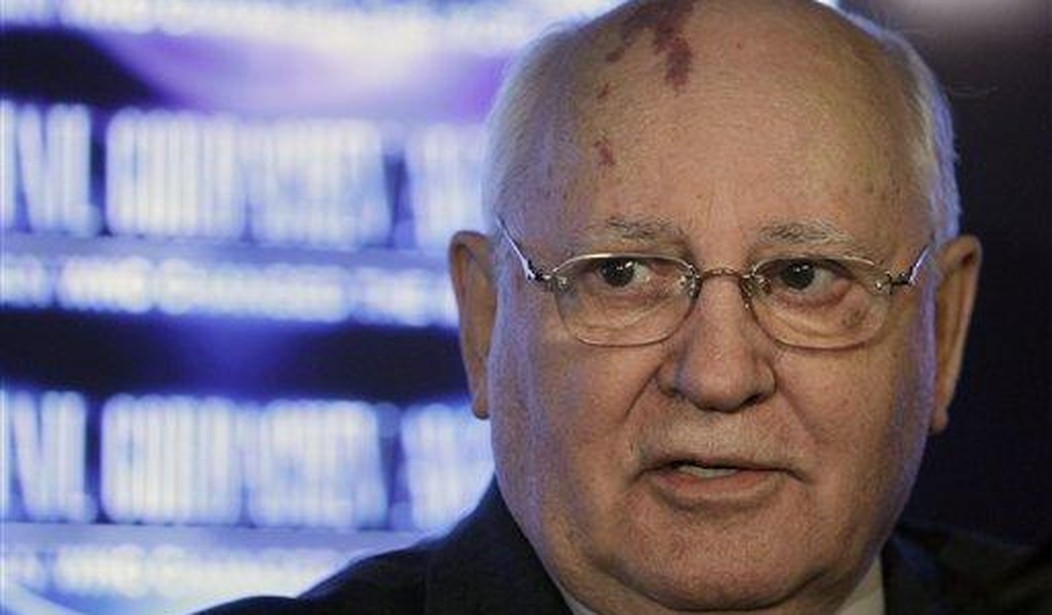

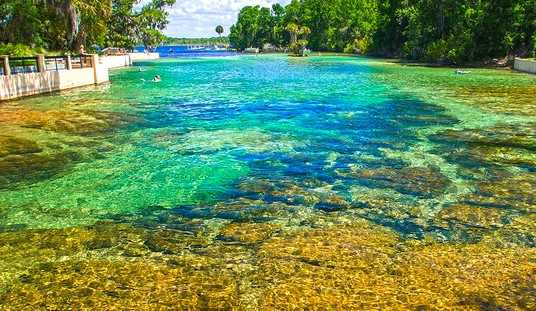
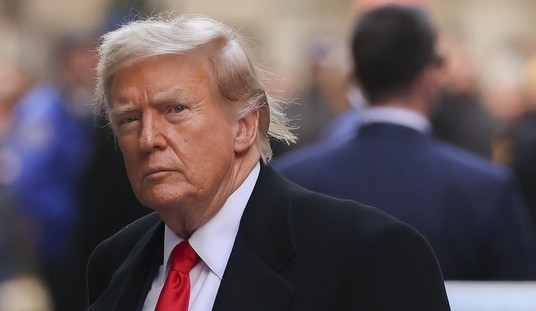

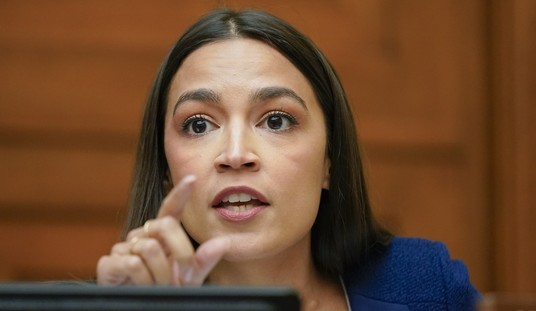
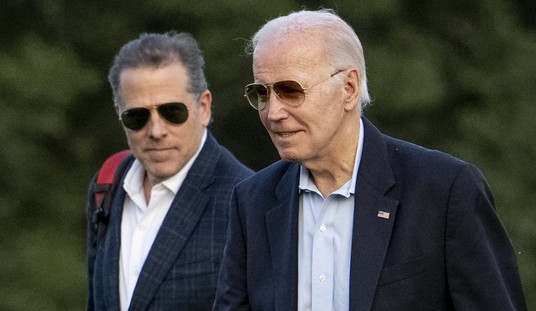

Join the conversation as a VIP Member